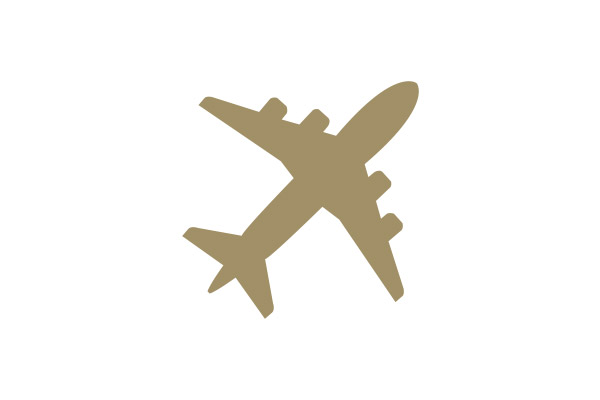Scientists, medical professionals and the international community at large are slowly piecing together a model for beating COVID-19. Some countries have acted with swift, sweeping measures – others remain cavalier in their approach. We now know how to beat it – with self-isolation and social distancing, and with medical equipment that is sadly out of reach for the majority.
For business, the crucial question – one that nobody seems to be in a position to answer with any degree of confidence, is: how long will it last?
Social distancing and isolation is necessary for at least 1-3 months, and in some form, it may be required for up to 18 months. This is to prevent healthcare systems collapsing under the strain, which will save many thousands of lives. After that, herd immunity or widespread vaccination are the only ways to stop it for good.
COVID-19 doesn’t readily reinfect those who’ve already had it. Herd immunity is a term new to some but a concept as old as disease itself – and it’s the ultimate, long-term solution to the pandemic if there’s no vaccine.
It takes two thirds of a population to be immune to an illness for herd immunity to work effectively. Without it, there’s a risk of a second wave – a second spike.
And the only way for this to happen safely is by very slow, very controlled exposure. This takes time – and it means that everything has to change for a while.
The effects of the virus could be felt for many years to come.
THE IMPACT ON AVIATION, TRAVEL AND TOURISM
The coronavirus outbreak has changed lives around the world, particularly in Europe, with countries closing borders or imposing restrictions and requirements that make travel impossible. Travel and tourism are badly impacted, while the current state of uncertainty has stopped money moving.
Will there be a summer season, and will the tourist industry recover in time for it? In the best case scenario, summer is set to see the return of travel.
During the near-global lockdown we face, the majority of airlines have grounded their fleets. Many will go bankrupt unless governments step in and save them. Airlines with sufficient cash deposits will survive, albeit scarred by the coming economic downturn.
But what about smaller operators with a tight balance sheet – like ACMI suppliers that rely so much on summer revenues? Small airlines usually lease their aircraft – they don’t own them. At this time, lessors could be pressuring their customers to enter into a new deal – one which may not give effective relief, only a postponement of their obligations.
Because the market has been flooded with idle aircraft, we don’t think that repossession is a viable option for lessors right now.
In the worst case scenario, where restrictions remain in place 18 months from now, travel and aviation may never be the same again.
A SOLUTION FOR AVIATION PARTNERS
We are facing a world calamity and burdens have to be shared. The most amicable solution would be for an airline to keep the aircraft in an airworthy condition – and when it’s in a position to earn revenue through flights, to resume paying rent at a discounted rate.
Lessors need to give time and leeway to airlines, so that they can recover. Any upturn in the airline and hospitality sectors will be slow – and it looks more and more likely that we won’t see it before the next summer.




